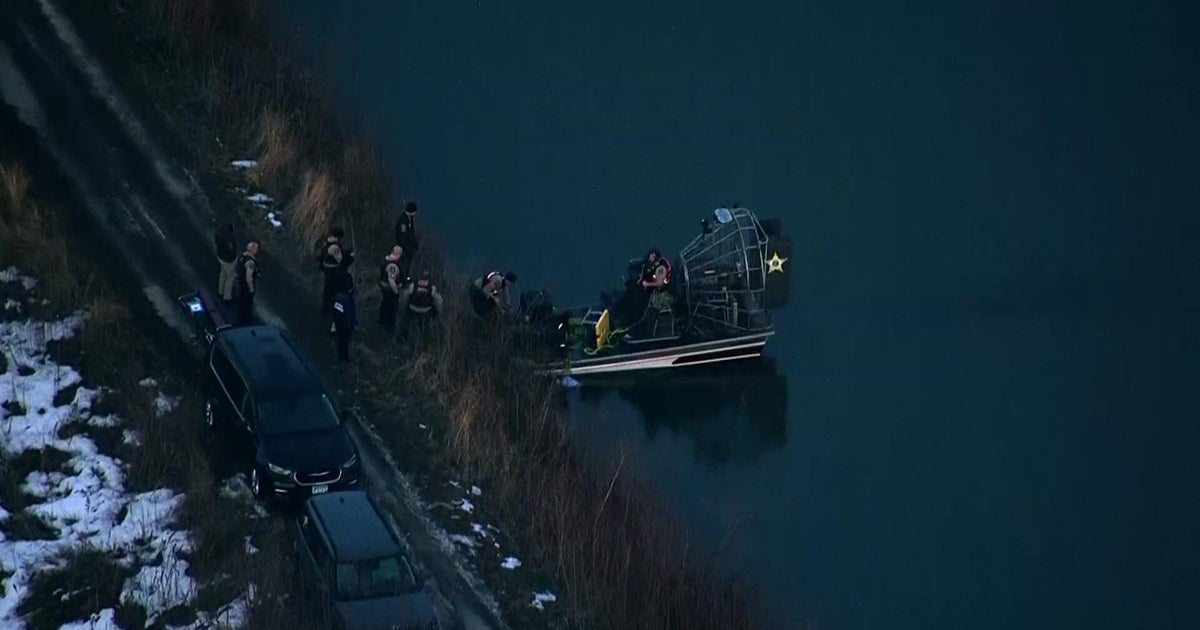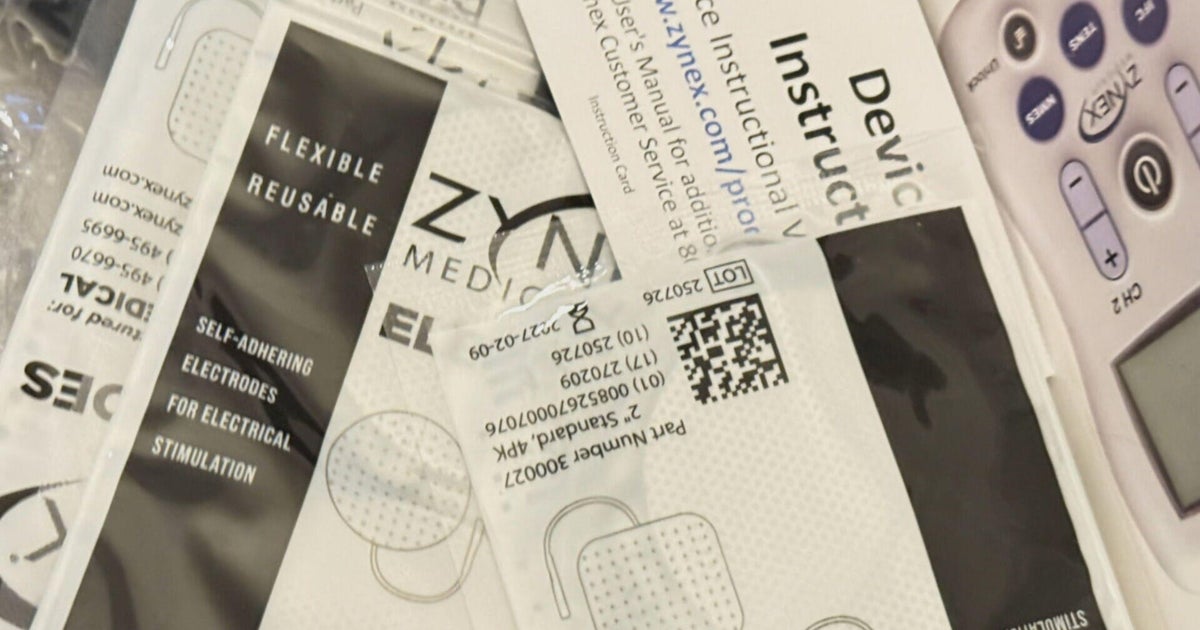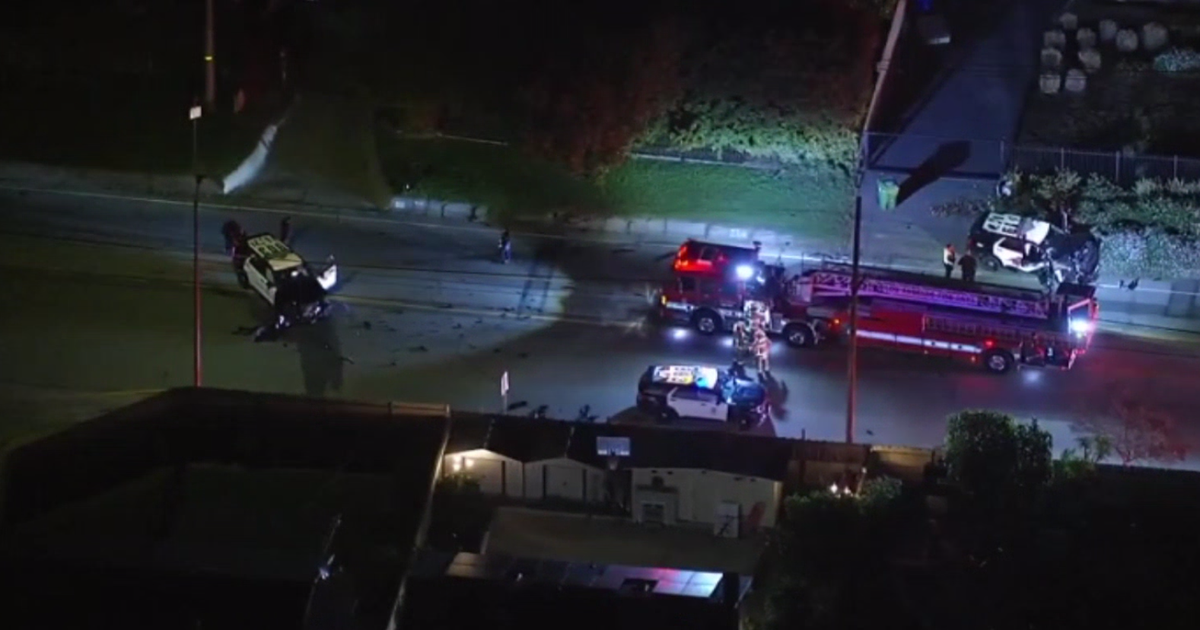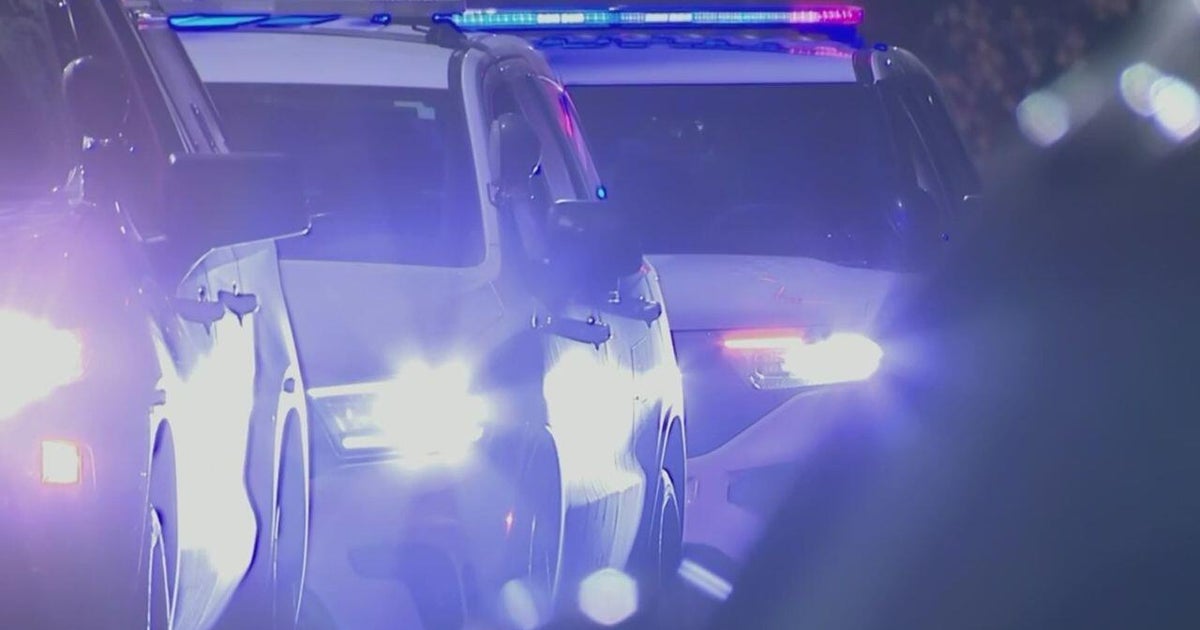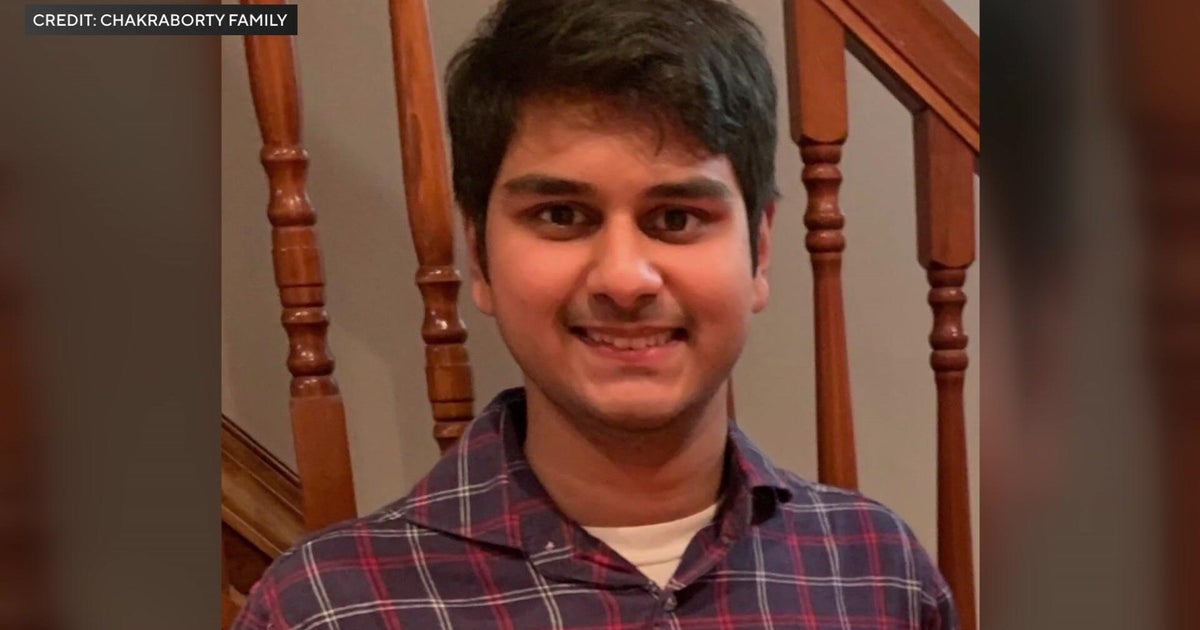Ebola Patient's Remains Still Infectious
Follow CBSDFW.COM: Facebook | Twitter
DALLAS (CBSDFW.COM) - Nine days after Thomas Eric Duncan became the first person to be diagnosed with the Ebola virus on American soil, he also became the first person to die from the Ebola virus in this country.
Duncan died at Texas Health Presbyterian Hospital Wednesday at 7:51 am, according to hospital officials. Duncan was admitted to the hospital in critical condition on September 28 and was kept in isolation ever since. His Ebola diagnosis was confirmed on September 30. Most recently, he had been put on dialysis and was using a ventilator to breathe.
Complete Coverage Of Ebola In Dallas
Under normal circumstances, the Dallas Medical Examiner's office would be in charge of moving Duncan's body from the hospital. However in this case, the ME has turned over the handling of his remains to the Texas Health Department and the federal government. According to the CDC, the virus can be transmitted postmortem through bodily fluids. Therefore, the CDC has issued guidelines to hospitals and mortuaries for how to safely handle the human remains of any person who has contracted Ebola and died from the disease.
The CDC recommends that only those trained to handle infected human remains should come in contact with the body and they should wear personal protective equipment including "surgical scrub suit, surgical cap, impervious gown with full sleeve coverage, eye protection (e.g., face shield, goggles), facemask, shoe covers, and double surgical gloves."
The body must be wrapped in a plastic shroud at the hospital with all intravenous lines and endotracheal tubes kept in place. The CDC recommends that the body be placed in two leak-proof zippered plastic bags before being moved to the morgue.
Once at the morgue, the body will be placed in an airtight, secure casket and immediately buried or cremated, according to the CDC recommendations. The family has elected to have Duncan's body cremated.
"We are going to discuss what happens with the cremains after they are given to the next of kin and how we will go about disposing of them whether by burial or some other means," said Rev. George Mason, pastor Wilshire Baptist Church, where Duncan's fiancee attended. The family has not released any details about plans for a memorial.
According to the CDC, the body should not be embalmed or even removed from the double bags at the mortuary. Autopsies are not recommended.
Last week, the Texas Funeral Directors Association alerted it's members about the CDC guidelines on the handling of infected bodies. Michael Land at Forest Ridge Funeral Home is the association's past president, who says the funeral industry has been through similar situations with AIDS and SARS.
"The Ebola virus does stay in the dead body for a period of time. I don't know what it is at this point," said Land.
(©2014 CBS Local Media, a division of CBS Radio Inc. All Rights Reserved. This material may not be published, broadcast, rewritten, or redistributed.)
Latest News:
Top Trending:

